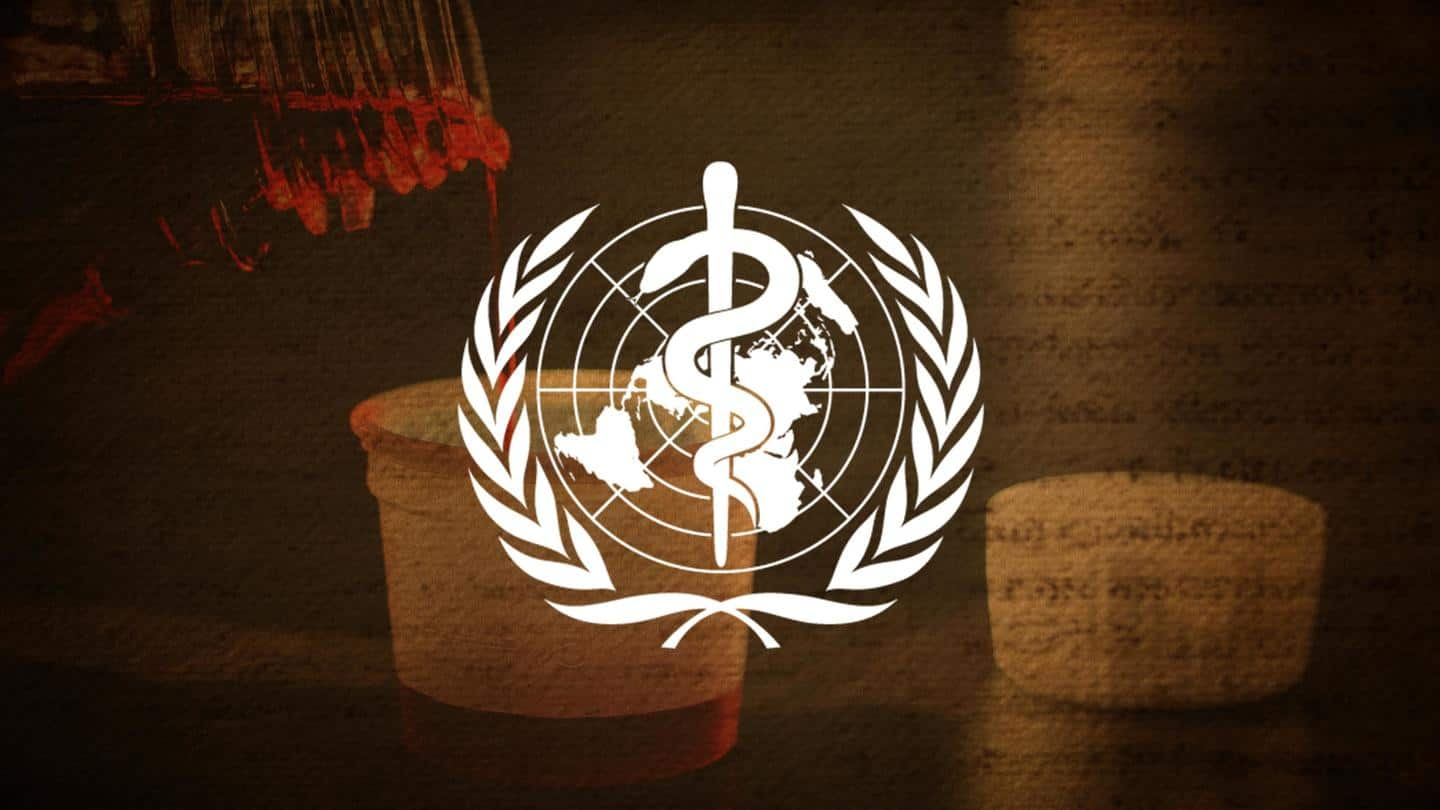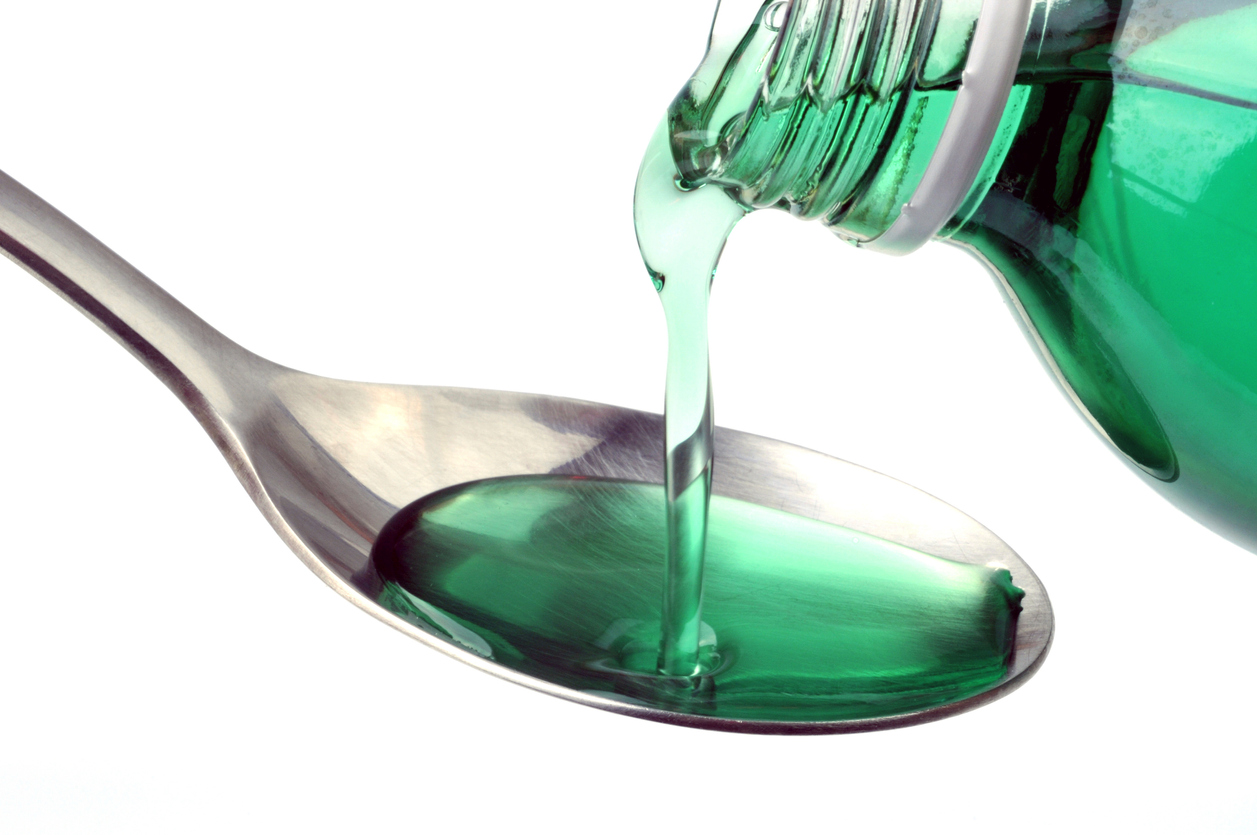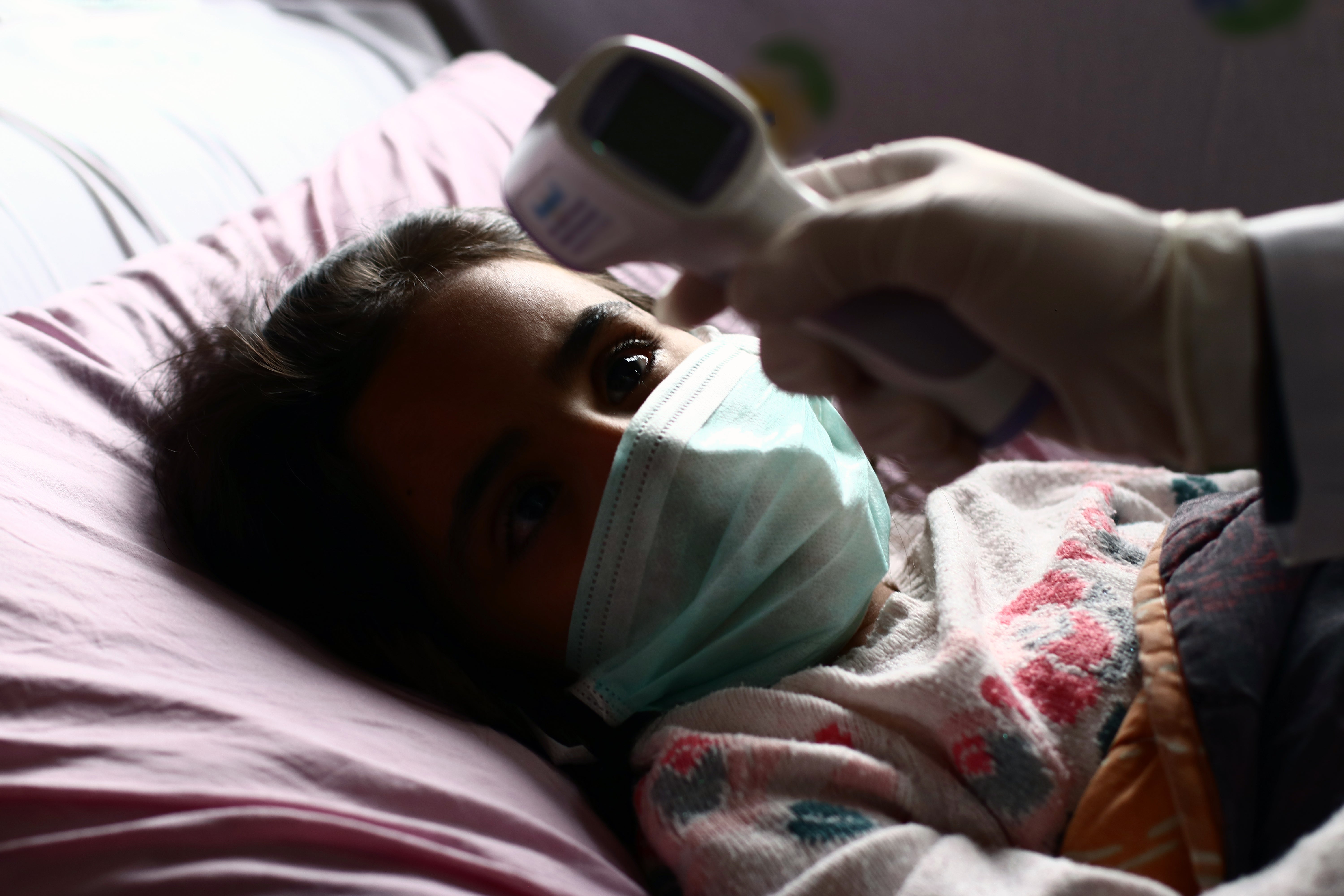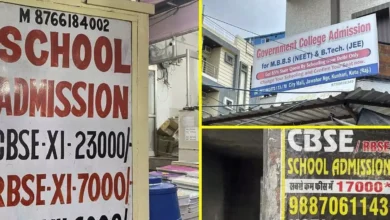WHO Reports Finds Contaminated Cough Syrup Produced In India In The Western Pacific.
The syrup is manufactured by QP Pharmachem Ltd in Punjab and marketed by Trillium Pharma in Haryana.

The World Health Organisation said recently that Guaifenesin syrup used in the Marshall Islands and Micronesia was contaminated with an “unacceptable level” of two contaminants that aren’t safe for human consumption, citing yet another example of a made-in-India contaminated cough syrup sold abroad.
Quality control laboratories of Australia’s Therapeutic Goods Administration analysed specimens from the Marshall Islands. “According to the TGA analysis, the product contained unacceptable levels of diethylene glycol and ethylene glycol as contaminants,” the WHO expressed in an advisory.
The syrup is manufactured by QP Pharmachem Ltd in Punjab and marketed by Trillium Pharma in Haryana.

Neither the producer nor the marketer has given WHO any guarantees about the safety and quality of these entities.
Sudhir Pathak, managing director of QP Pharmachem, said that the company reviewed a sample from the exported batch in response to a recent local drug agency inquiry. Sudhir stated that they considered it satisfactory, as did the regulator.
Pathak further stated that the product is provided all over India and that the firm has had no complaints thus far. Pathak noted that the Indian government had granted QP Pharmachem authorisation to ship 18,000 bottles of the syrup only to Cambodia. The product’s origins in the Marshall Islands and Micronesia were unknown.
However, the UN health organisation didn’t remark whether anyone in the two Western Pacific countries became ill after drinking the infected syrup.
When diethylene glycol and ethylene glycol are ingested, they are poisonous to humans and can be deadly.

According to the WHO, the product is poor and unsafe, and its use, notably in youngsters, may result in severe damage or death. Abdominal discomfort, vomiting, diarrhoea, difficulty passing urine, headache, changed mental state, & severe renal damage, which can lead to death, are all toxic consequences.
Suppose one has the concerned product, WHO advises them not to use it. Suppose someone you know has used or may have used the concerned product or has experienced an unpleasing reaction or unanticipated side effect due to usage. In that case, they are advised to seek immediate medical attention from a healthcare practitioner.
The WHO has also advocated for improved supervision and vigilance in the supply chains of countries & regions likely to be affected by these goods.
Manufacturers of liquid dosage forms, especially syrups containing excipients like propylene glycol, sorbitol, and/or glycerin/glycerol, are recommended to test for impurities like ethylene glycol & diethylene glycol before use in medications, according to the statement.
The WHO urged pharmaceutical manufacturers to purchase pharmaceutical-grade excipients only from qualified & legitimate suppliers, to perform comprehensive testing on receipt of supplies & before use in the manufacture of finished products, and to provide assurance for the product quality, including through certificates of the analyses based on appropriate testing results.
It also informed medical product suppliers and distributors always check for signs of falsification & the physical condition of the medicines and other health products they distribute and sell and only to distribute and/or sell drugs authorised by, & obtained from, competent authorities, among different measures.

Historical evidence of similar incidence.
After the World Health Organisation connected made-in-India cough syrup to severe renal failure, which killed almost 70 children in West Africa, Indian officials closed a plant near Delhi where the drugs were manufactured. However, it took them a week. Only after combined research by state and federal drug regulatory agencies disclosed 12 infractions was the plant’s production halted.
This is the third WHO alerting on toxic made-in-India cough syrups in the last 7 months, following the deaths of children in The Gambia in October and Uzbekistan in December.
The two producers, Maiden Pharmaceuticals and Marion Biotech have been ordered to halt production of the cough syrups that are suspected of being the cause of the deaths.
In January, the World Health Organisation urged governments and regulators to improve inspections, market surveillance, and enforcement measures to combat the manufacture and distribution of substandard medicines and to detect and clear any substandard medical products identified by the WHO as likely causes of deaths and disease.

Conclusion.
Medicines are meant to save our lives, but if not used properly, they can even become life-threatening. We were just learning to deal with such a big pandemic that another great difficulty came. It is just the fourth month of 2023, and what havoc is written on the upcoming chapters of 2023? And we should take care of ourselves and our dear ones and wish all is well in the future.




